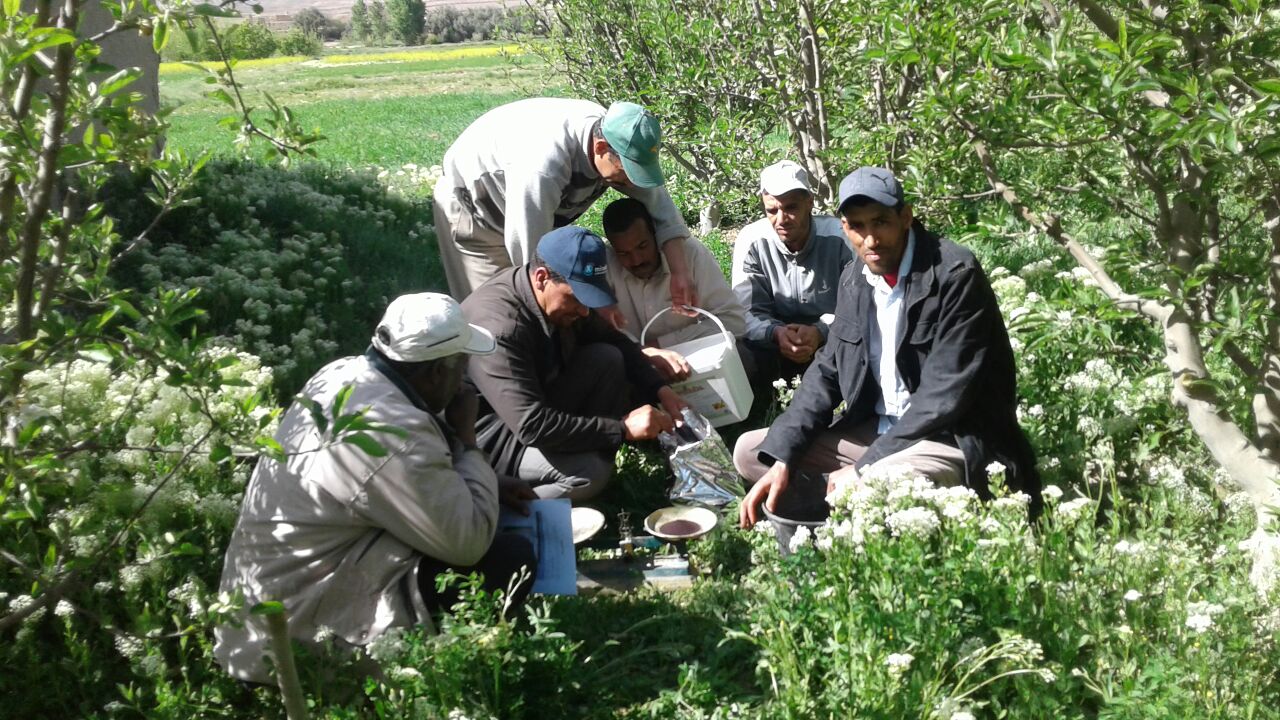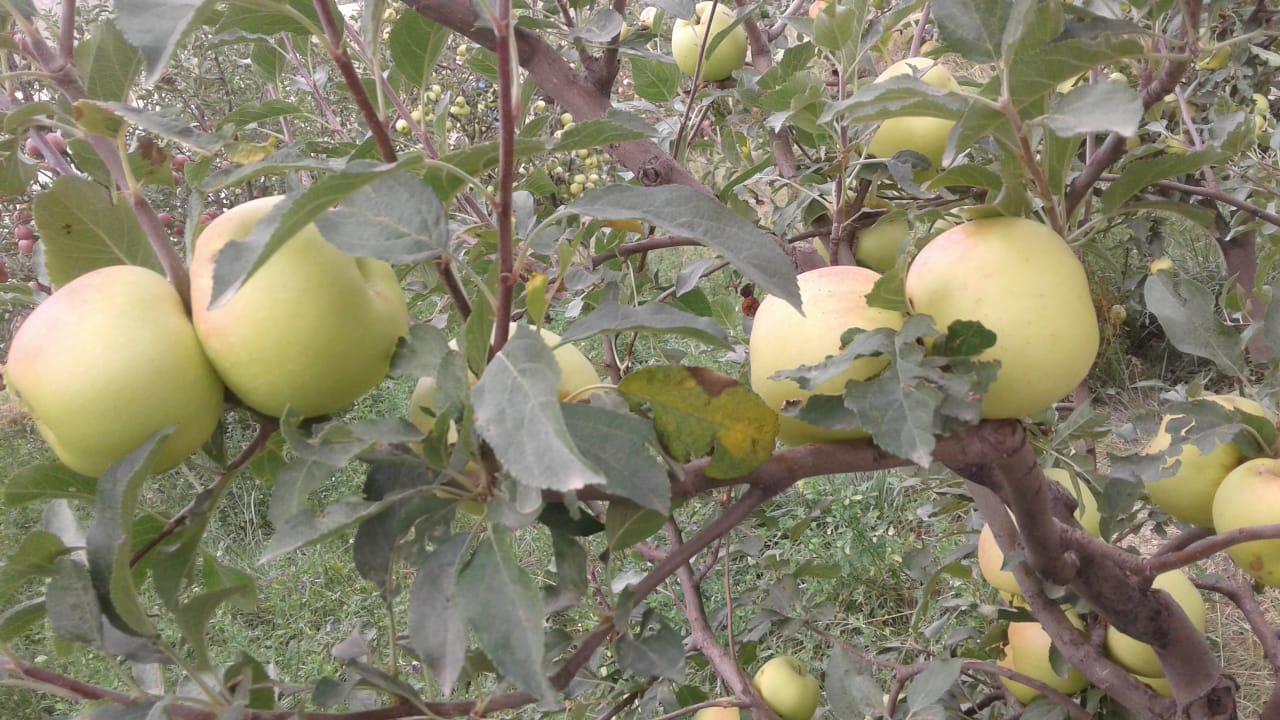Fert has supported apple farmers and their organizations in the Rich district in Morocco since 2014.
The supply of agricultural inputs is problematic: they are not very available locally, they might be either of a low quality or unsuitable… and still, their cost remains high, especially because of the transport costs.
Fert assists groups of apple growers interested in setting up grouped orders for inputs, but this has not yet been possible due to cash flow difficulties in particular. However, during the crisis linked to the Covid-19 pandemic, the apple growers managed to organize a collective supply.
The crisis linked to the Covid-19 pandemic has changed the context and the needs of apple growers
For the apple growers of Aned, grouped in the Ifite cooperative, the mutualisation of input purchases was initially neither a real need for these farmers nor a priority for the cooperative. But instructions from the Moroccan authorities in the context of the health crisis limited the apple growers’ possibilities of movement and led them to review their input supply methods.
After an exchange between the apple growers, a volunteer farmer – a member of the cooperative – was designated as the person responsible for supply. In addition to his local recognition, the fact that he had a vehicle and a “warehouse” for transporting and storing the products was important in his appointment.
For these grouped orders, the volunteer farmer has :
- Collected the various needs expression sheets: apple growers wishing to participate in the initiative had to register their orders for fertilizers and phytosanitary products in the following sheets
- Method of purchasing from the supplier
- Stored in its warehouse the purchased products
- Called on apple growers to take turns collecting their products in order to comply with health measures and in particular the physical distancing advocated in the context of the pandemic
Before that, an agreement was reached with an input supplier located in the town of Rich (about 1 hour’s transport time from Aned) and from which the apple growers of Aned has already been getting their supplies:
- At the end of the season (in October), on the basis of the needs expression sheets, each apple growers will have to pay individually for the inputs he has received
- If a product is not available, the supplier orders it from another supplier and delivers it to the farmers
- Despite the large quantities purchased, unit prices could not be negotiated at this stage, as the supplier already agreed to be paid only at the end of the marketing year
At this stage, no particular issue occured during the process.
Some key indicators
- Approximately 138 farmers – almost all members of the cooperative + 7 non-member apple growers
- 2 grouped orders have been placed since the beginning of the Covid-19 crisis
- Total quantity ordered: 50 t of mineral fertiliser + 100 kg of trace elements + 800 L of phytosanitary products
- Other inputs (for other crops: peas, beans, wheat, nuts, etc. and for the treatment of hives) as well as food products were purchased as part of this grouped order
- A symbolic contribution of approximately €0.50 was paid by each apple grower to the volunteer farmer to cover his transport costs (i.e. a total of approximately €145)
Issues and perspectives
Some apple growers do not wish to continue this collective supply after the Covid-19 crisis, since they consider that it only allowed them to cope with travel restrictions.
Nevertheless, some elected members of the Ifite cooperative wish to :
- Testify and highlight the interests of this experiment
- Generalize the collective procurement process to all farmer needs
- Making the process sustainable
These are important issues and Fert will be able to support the cooperative in these various initiatives.
SIMILAR EXPERIENCE
The supply of agricultural inputs to apple growers in Tighermatine was also affected by the Covid-19 crisis: apple growers also exchanged to find alternative solutions; contacts were established with input suppliers, but finally apple growers were able to continue their supply directly from the city’s suppliers.




